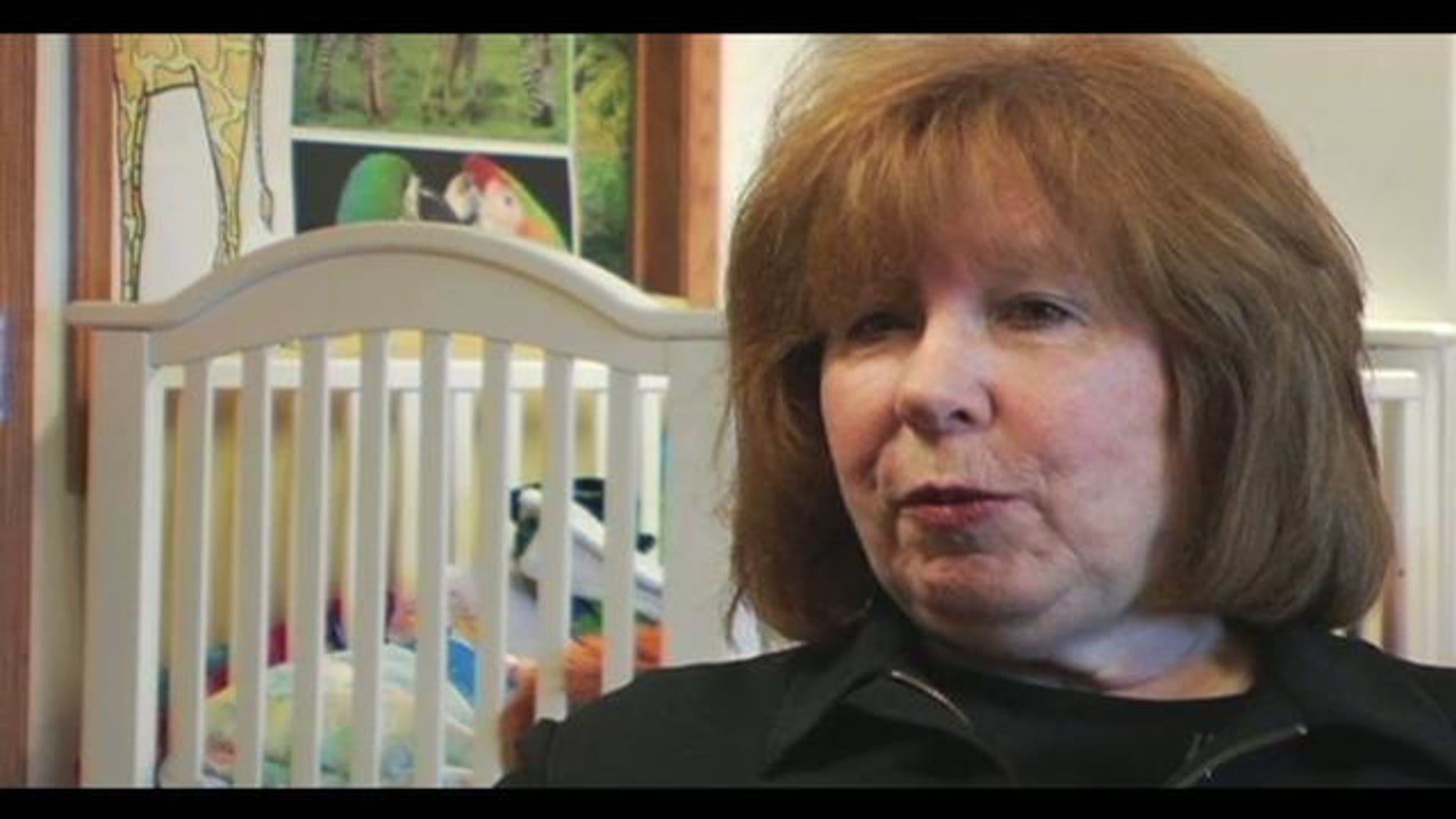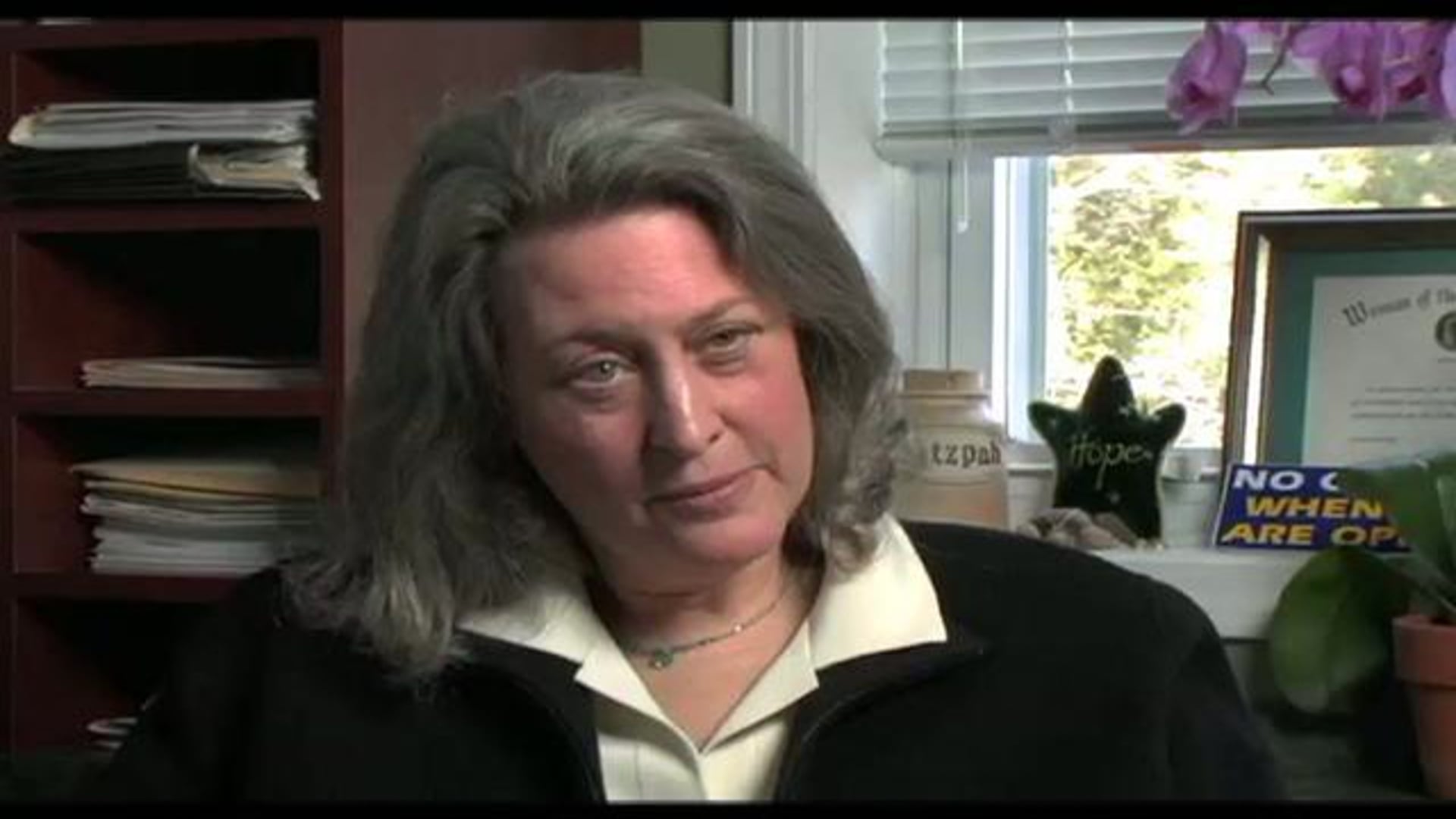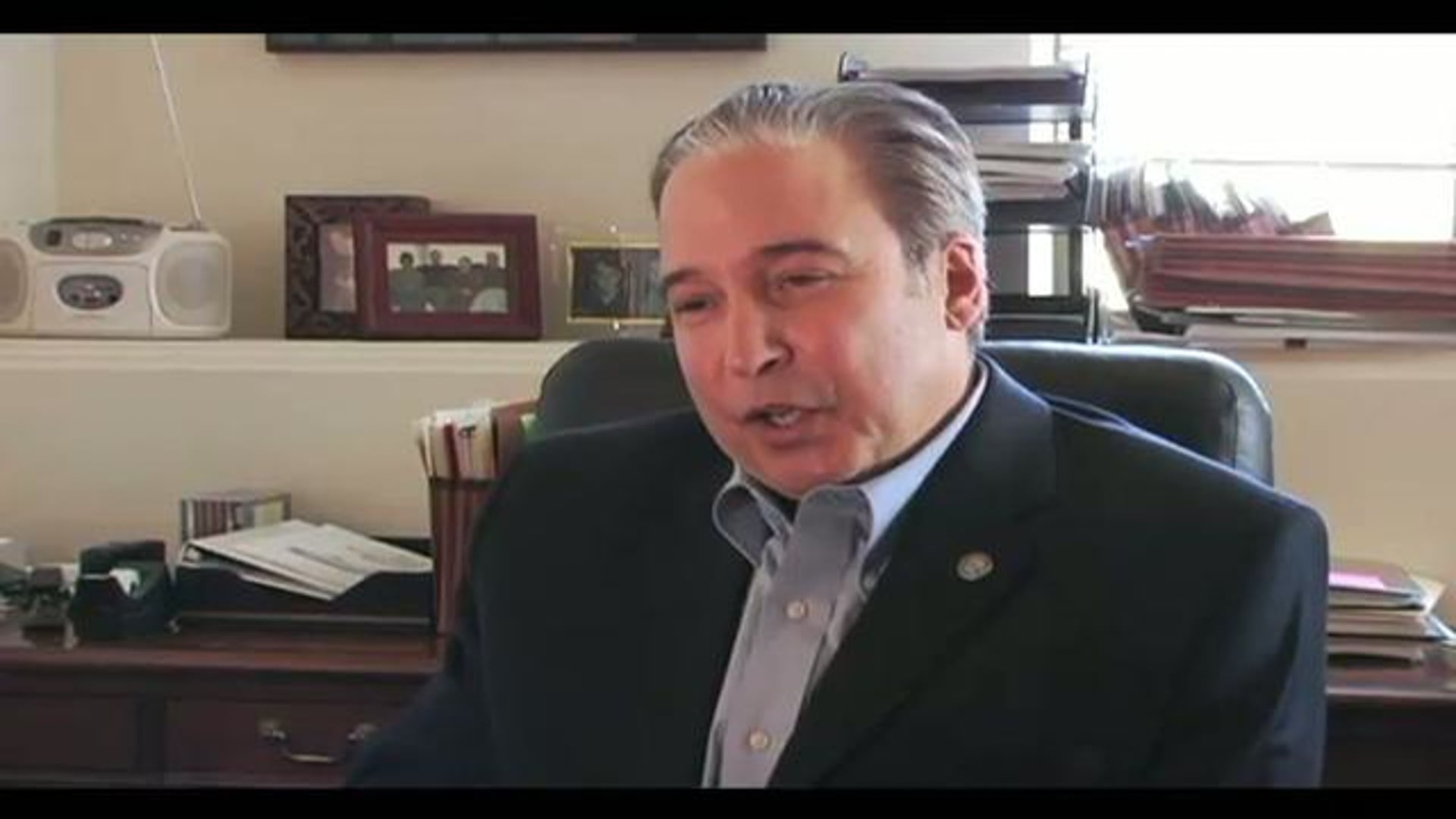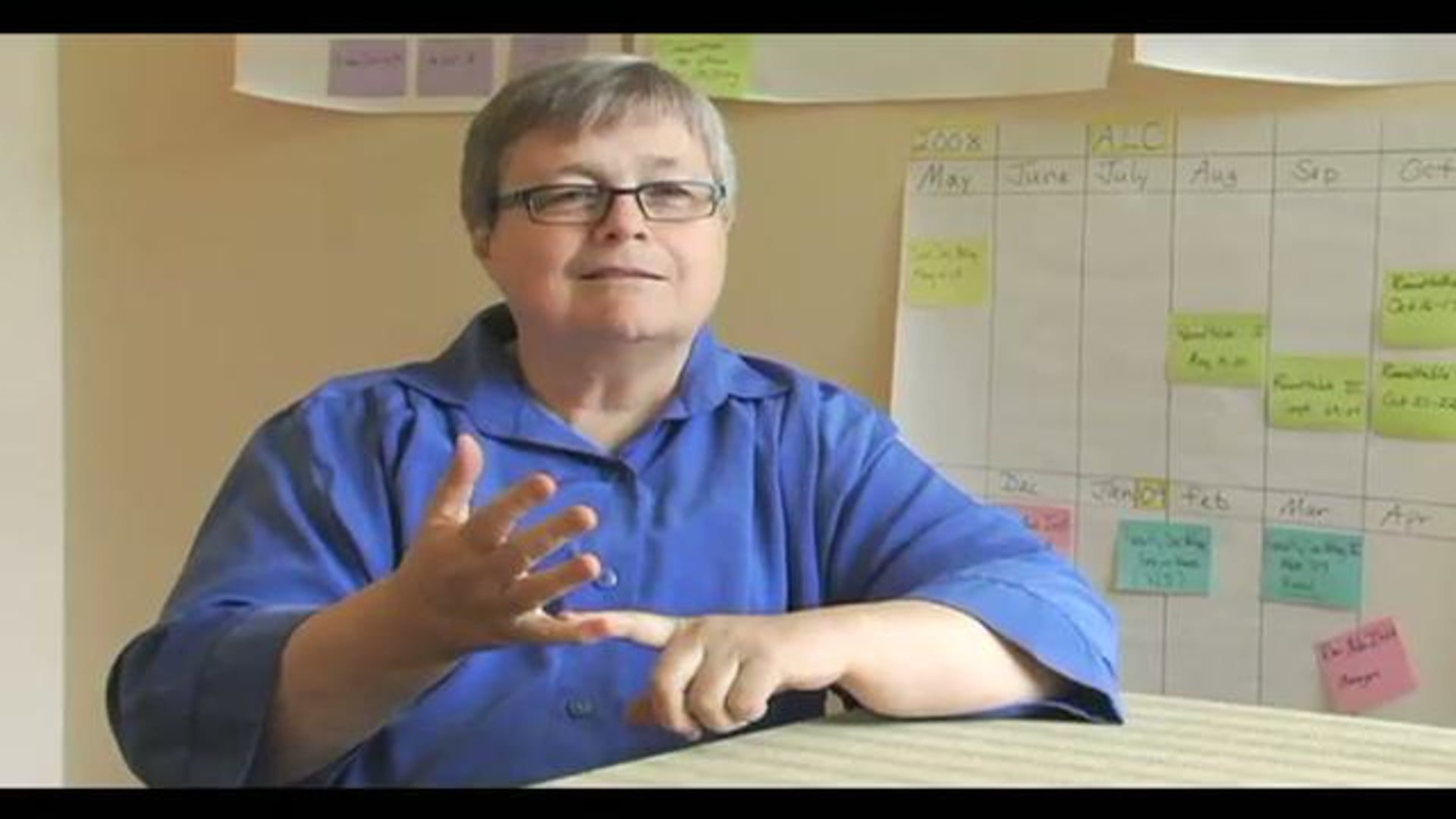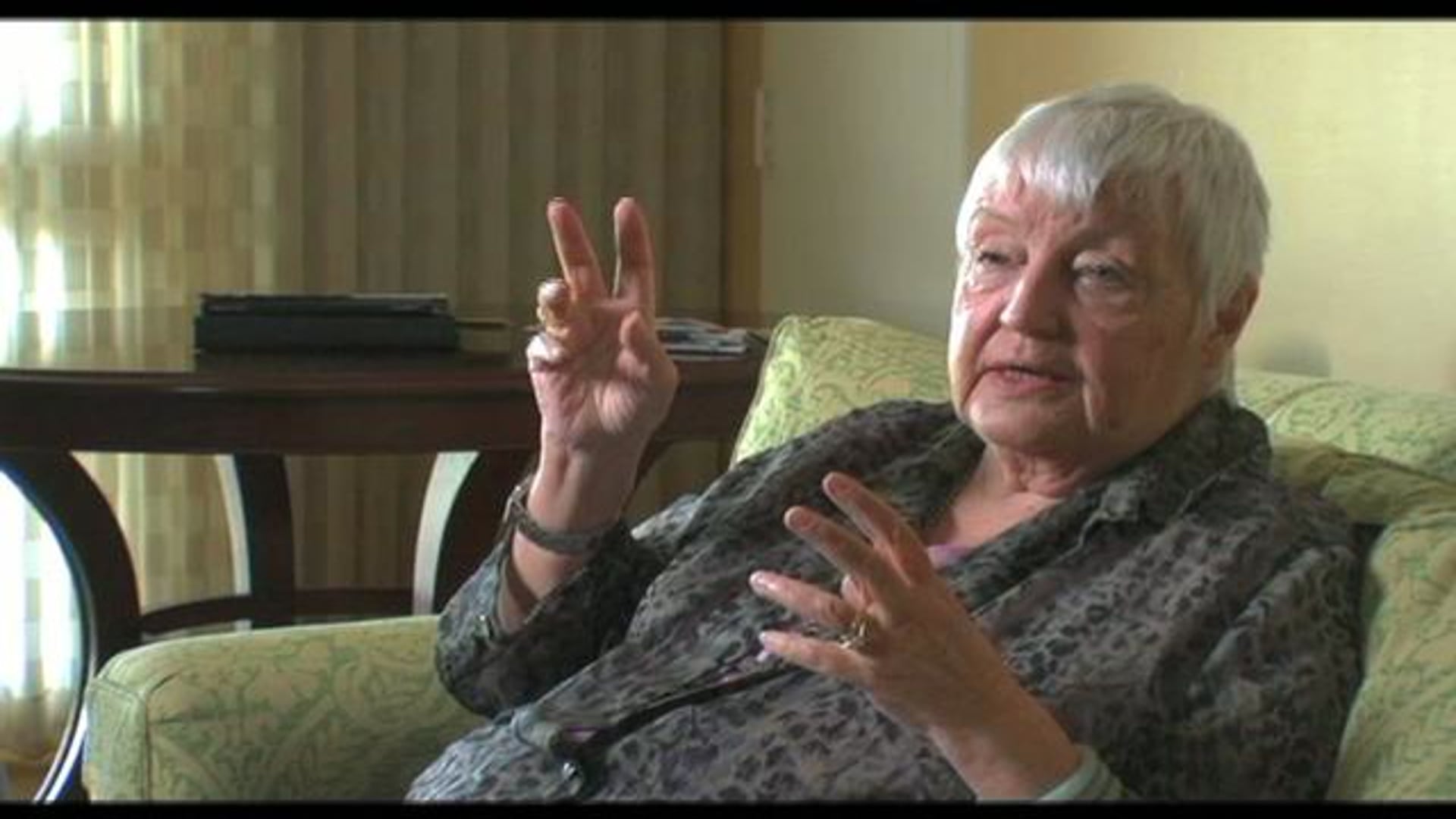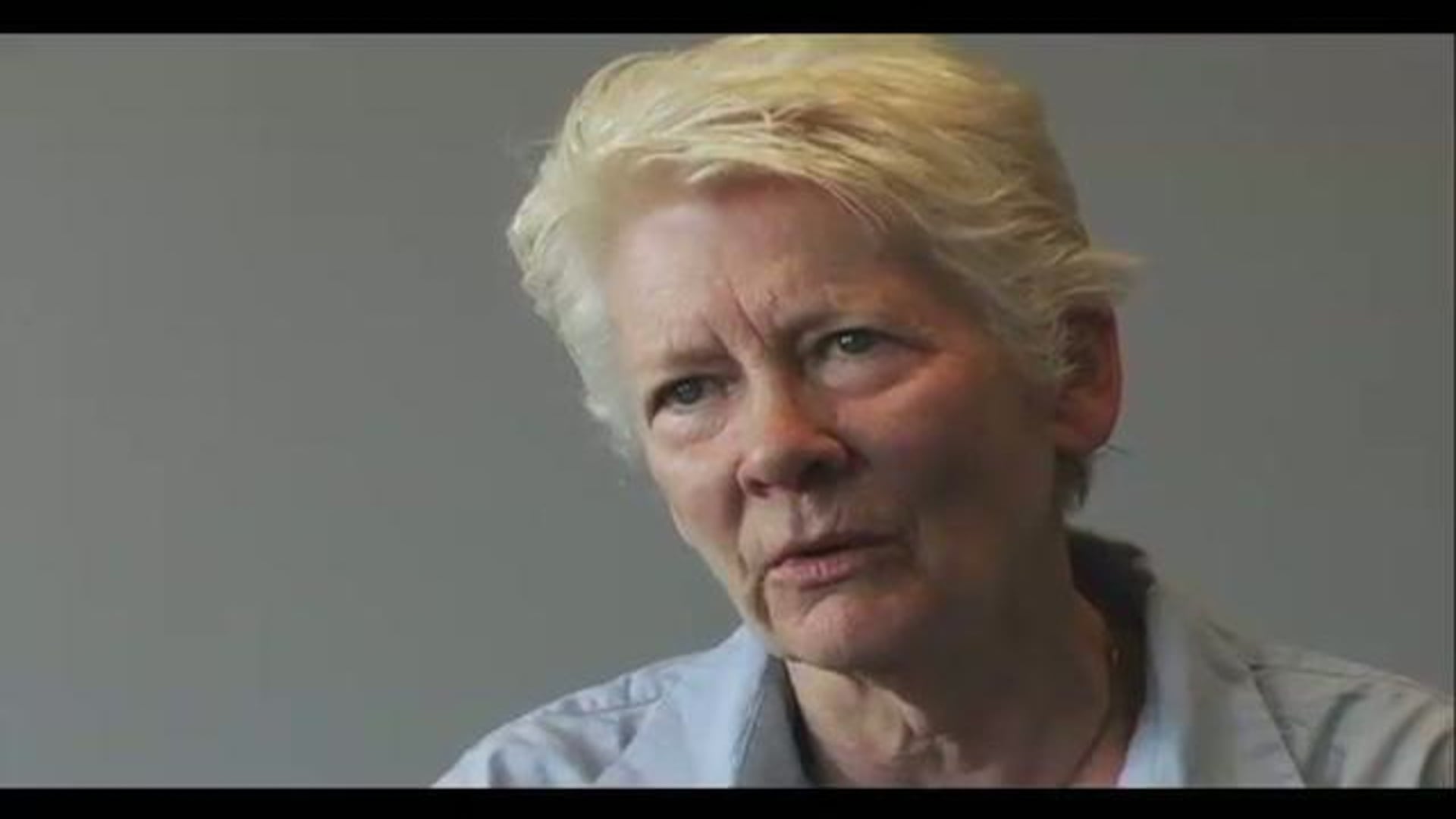Battered Women’s Movement Leaders
As recently as the 1970s, domestic violence was considered a private matter, not an issue for community or state intervention. Batterers were arrested only in cases of severe physical injury.
Then came the battered women’s movement. It started with women who had already backed in other causes — feminism, of course, but also civil rights, anti-war, and community organizing.
The first shelters opened in the mid-70s. Women’s Advocates, in St. Paul, MN, is generally acknowledged as the first US shelter. The movement to stop violence against women spread across the country, and began to organize on a national level.
These activists eventually succeeded in pushing through revolutionary changes in the nation’s approach to domestic violence.
The birthplace of a good part of that revolution was Duluth, MN, pop., 70,000. It was there that Ellen Pence, Michael Paymar and others conceived of the hugely influential power and control wheel and developed the “Duluth Model” for a community’s response to domestic violence.
In her own words: Ellen Pence
“I don’t waiver very much from the original notion that the system should be stepping in and very proactively putting controls on batterers and giving the kind of support system for people who have been battered to get away from that situationl . And I don’t waiver from the notion that it’s a gender issue, even though I know that there are men who are battered.”
Kim and the Founders
Kim is not a vocal feminist and only reluctantly would identify herself as a battered woman. She knows about shelters: she’s a second generation survivor whose first experience in a shelter was when she was a child, going in with her mother and sisters. In Kim’s view, her husband wasn’t trying to exert overt power and control over her life — instead, his attempts at domination were generally less overt, but nevertheless based on a sense of male entitlement.
Partner Profile: DAIP, Duluth, MN
Ellen Pence, Michael Paymar and other activists launched the Domestic Abuse Intervention Project in Duluth 30 years ago. Ellen and Michael have both since moved to St Paul: Ellen to continue her work in domestic violence through her own nonprofit, Praxis, and Michael to serve in the State Legislature representing a district in St. Paul. DAIP remains active: the organization brings together officials from all over the US and the world for its Duluth Model trainings and also runs local service programs, including men’s groups and a supervised visitation center.


